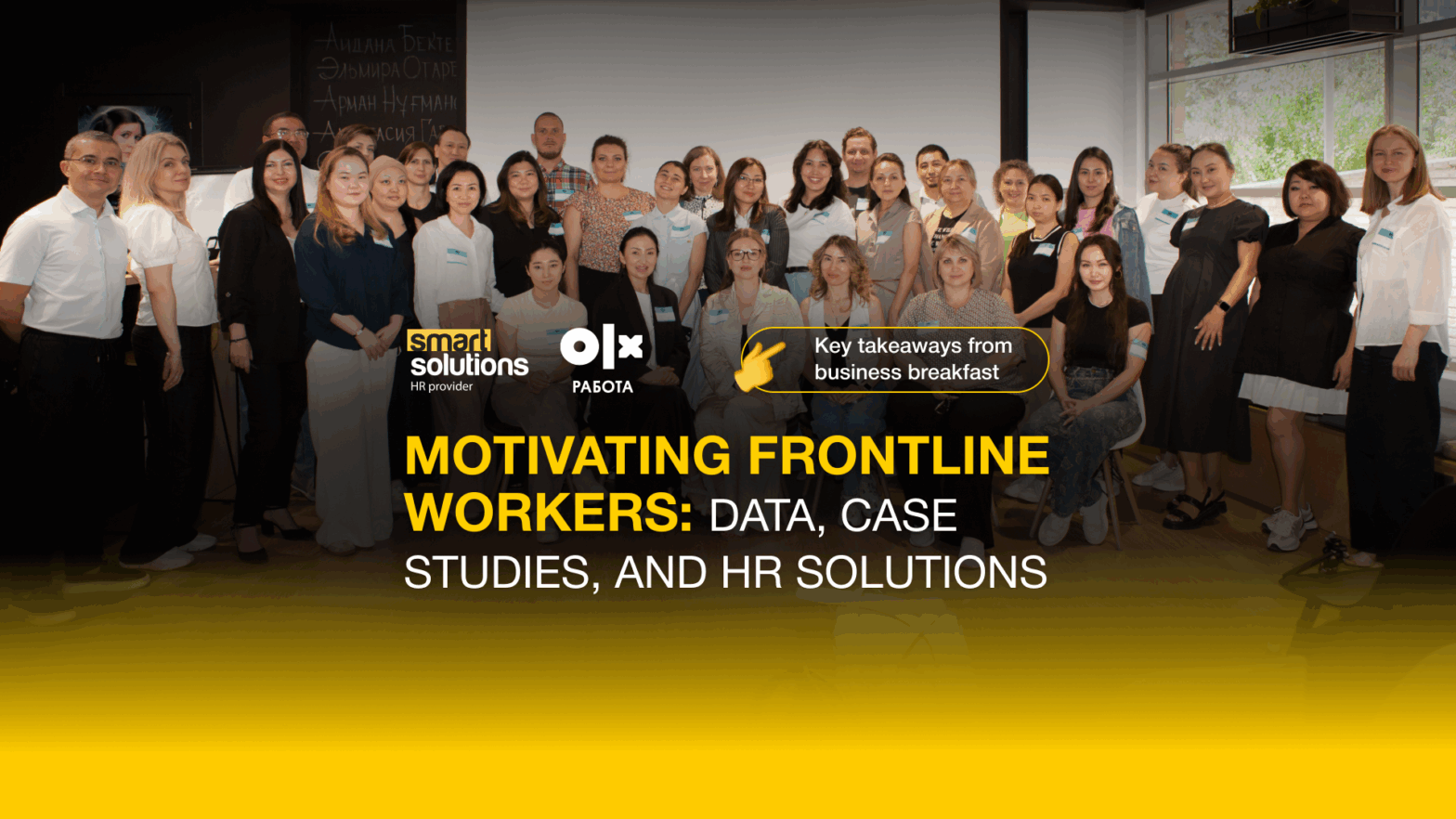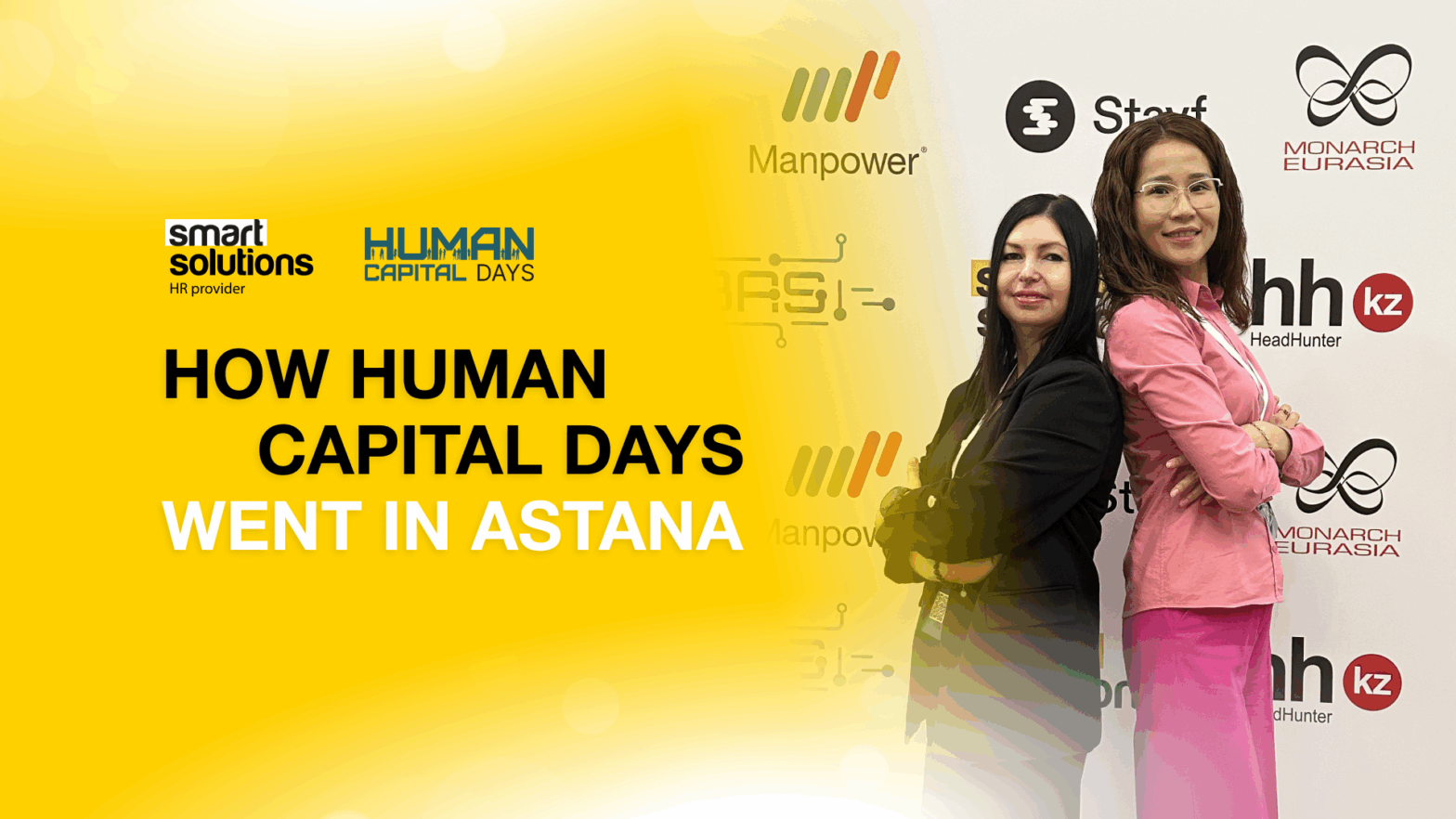
Who’s Who? Overview of Positions and Roles in HR Management
Modern business is a complex environment where a company’s success is not solely determined by the quality of its product or service. One of the key assets of any successful company is its human resources. It’s the HR department that plays a crucial role in recruiting qualified personnel, shaping corporate culture, ensuring employee satisfaction, developing internal talent pools, thus ensuring the stable and effective growth of the company.
Let’s delve into who’s who in the HR department and what role each specialist plays in personnel management.
Recruiter.
Position Objective: Attracting new employees to the company.
Main Tasks:
- Searching for relevant candidates.
- Conducting interviews and assessing candidates’ soft and hard skills for the vacancy.
- Organizing candidate interviews with the line manager or company director.
- Coordinating other stages of the recruitment process within the company, such as test assignments, psychological testing, polygraph testing, etc.
- Making and sending job offers.
- Assisting in the new employee’s adaptation process within the company.
Benefits for the company: Facilitates the recruitment of a strong team of professionals capable of ensuring the stable development and financial growth of the business.
HR Specialist.
Position Objective: Ensuring regulatory compliance in personnel document management in accordance with labor laws and company policies.
Main Tasks:
- Compiling and processing orders for hiring, dismissal, and employee transfers.
- Completing, maintaining, and storing employment records.
- Managing timekeeping, vacations, sick leaves.
- Preparing documents for salary calculations.
Benefits for the company: Ensures compliance with labor laws within the company, as well as all rights and obligations of both the employer and employees.
Compensations and Benefits (C&B).
Position Objective: Develop and implement an effective system of compensation and benefits for company employees, considering their needs, motivations, and goals based on the competitive environment and financial capabilities of the organization.
Main Tasks:
- Analyzing market trends in compensation and benefits.
- Developing and implementing reward and financial motivation systems.
- Participating in the development of bonus and other financial incentive systems for employees.
Budgeting and cost control for personnel, maintaining reports.
- Benefits for the company: The C&B manager ensures the competitiveness of salaries and social packages in the company to attract and retain highly qualified employees.
Training and Development (T&D).
Position Objective: Ensure the professional growth and corporate development of personnel through the implementation of educational programs and events for employees.
Main Tasks:
- Communication with company executives, understanding their problems and goals.
- Timely response to business needs.
- Monitoring global trends in corporate education.
- Conducting assessments of training and development needs for personnel.
- Developing and implementing training programs for employees.
- Implementing career planning programs.
Selecting external trainers, speakers, and mentors to develop necessary hard and soft skills for employees.
- Benefits for the company: Increase in workforce productivity and efficiency through continuous employee learning and development of professional skills and knowledge. This allows the company to stay ahead of competitors, increase employee satisfaction, and reduce employee turnover.
HR Analyst.
Position Objective: Provide company management with quality analytical data on personnel and their performance to make rational management decisions.
Main Tasks:
- Collecting and analyzing data on personnel management.
- Identifying key performance indicators of work processes.
- Developing reports and analytical materials in the company.
Studying HR metrics and their impact on business.
- Benefits for the company: Helps management understand the causes of problems within the company, identify problem areas, and optimize them to increase employee efficiency. This contributes to the company’s growth, increases productivity, and minimizes the impact of human errors in decision-making.
HR Generalist.
Usually present in companies with a small staff, as they are a versatile specialist who performs a wide range of HR duties.
Position Objective: Provide the company with a full range of competencies and services in personnel management.
Main Tasks depend on the company’s needs:
- Recruiting and onboarding employees.
- Training and evaluating personnel.
- Developing motivation programs.
- Administering personal data.
Developing corporate culture, among others.
- Benefits for the company: Ensures the formation and maintenance of effective human resource management in small businesses with a small staff, startups, or companies with limited budgets.
HR Director.
A senior-level leader and one of the key figures in the company.
Position Objective: Creating and implementing personnel management strategies that align with the company’s goals and values.
Main Tasks:
- Developing and implementing personnel management policies.
- Forming talent pools.
- Managing the budget and resources of the HR department.
- Participating in strategic planning for the company.
Participating in managing changes within the company, implementing new technologies, processes, and organizational changes.
- Benefits for the company: The effectiveness of not only the HR department but largely the entire company depends on the professionalism of the HR Director. The Director of HR ensures the development of a positive corporate culture, fosters employee loyalty, increases team engagement in achieving the company’s goals and mission.
HR Business Partner (HRBP).
Usually hired by large companies with a high volume of HR functions.
Position Objective: Organizing personnel management in accordance with the company’s corporate goals, implementing a plan for strategic development and scaling of HR processes.
Main Tasks:
- Participating in the development of talent management programs.
- Implementing HR practices.
- Developing methodologies in line with company processes.
- Providing consulting on recruitment, management, and retention of personnel, motivation, and employee development.
- Tracking business needs in personnel management issues.
Developing a partnership with senior management to achieve common business goals.
- Benefits for the company: Aligns HR department activities with the business’s strategic goals. Helps company management make informed decisions related to human resource management.
Effective personnel management plays a fundamental role in modern business, so the presence and development of the HR department are essential for sustainable success and growth of the organization.













